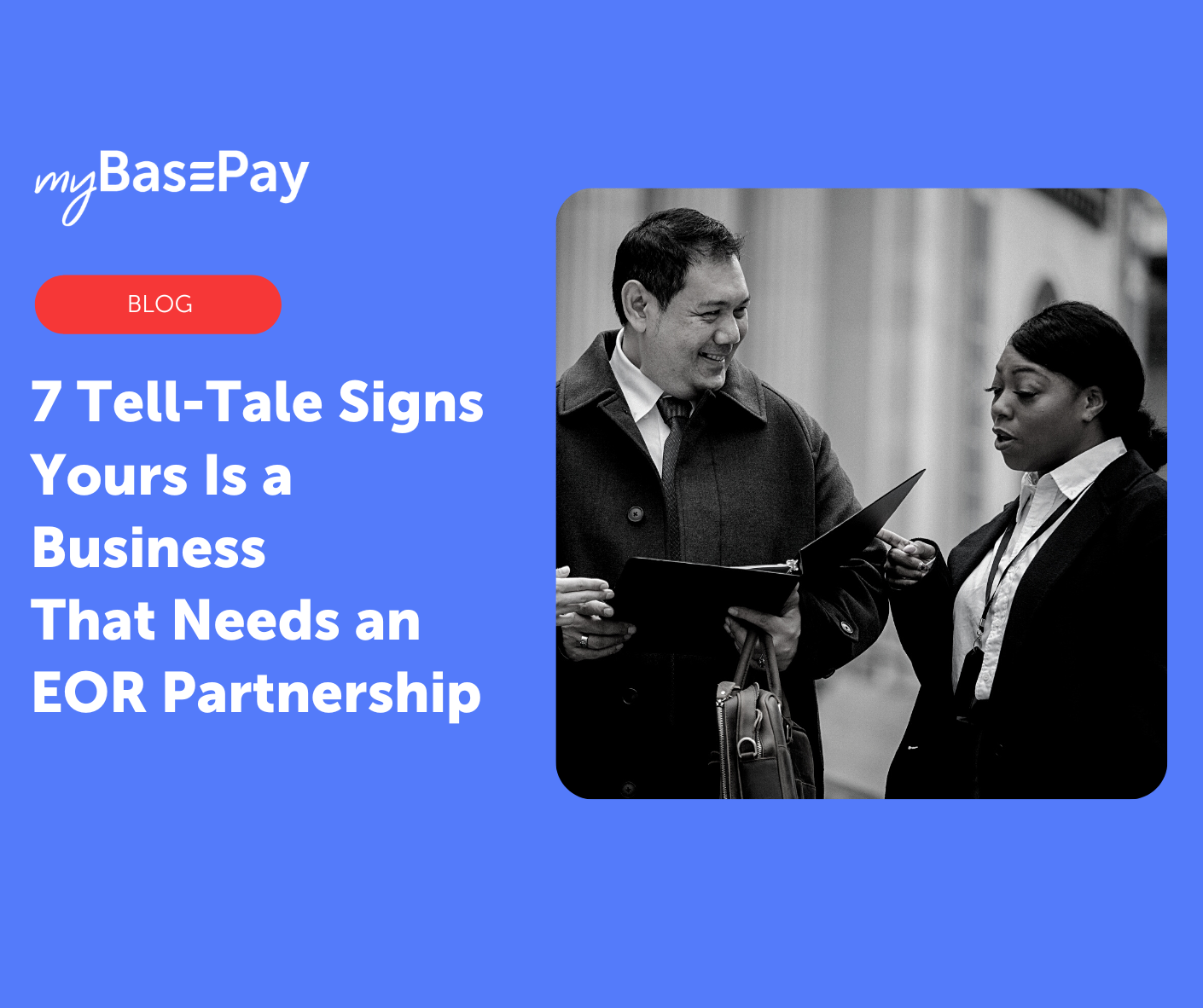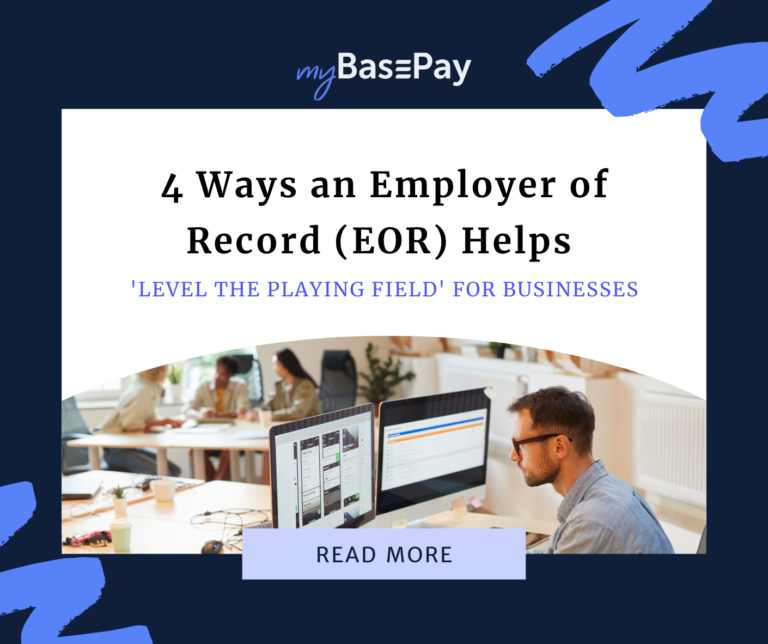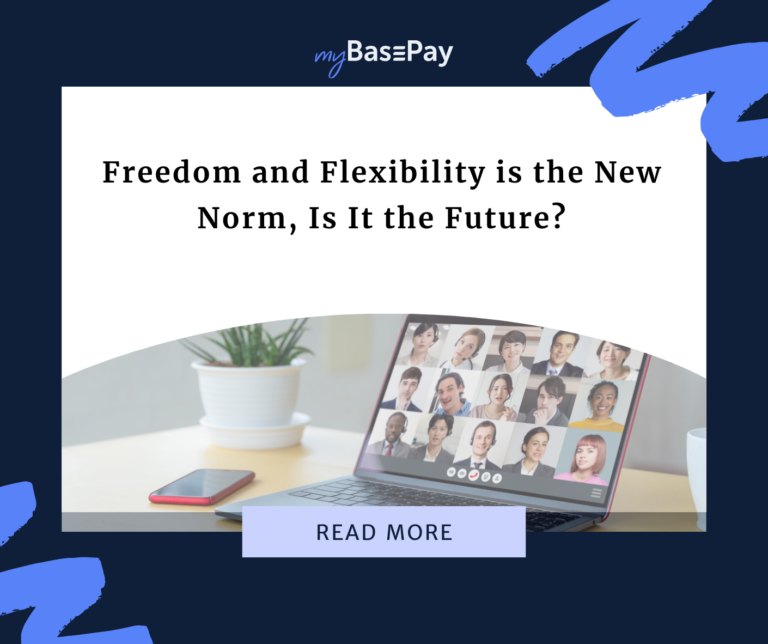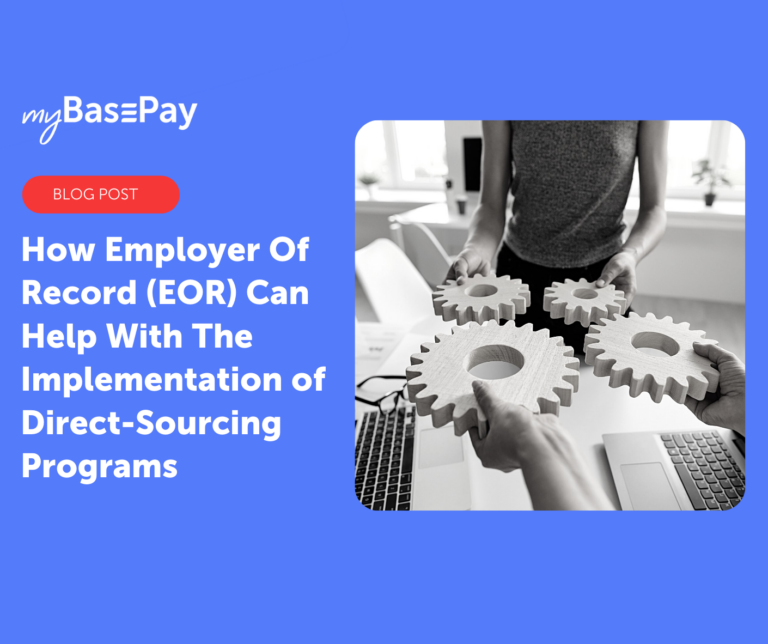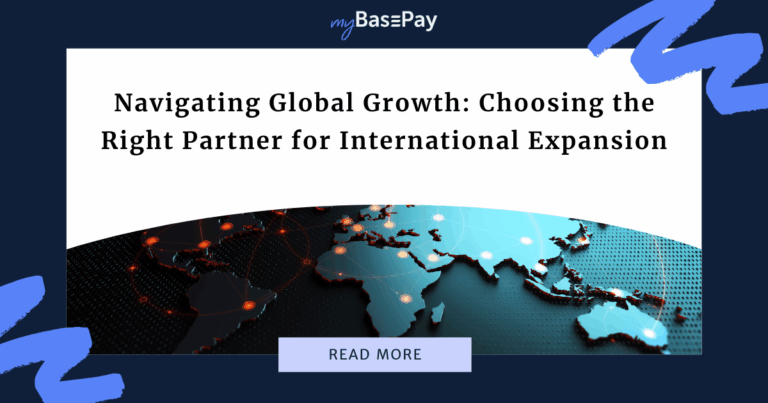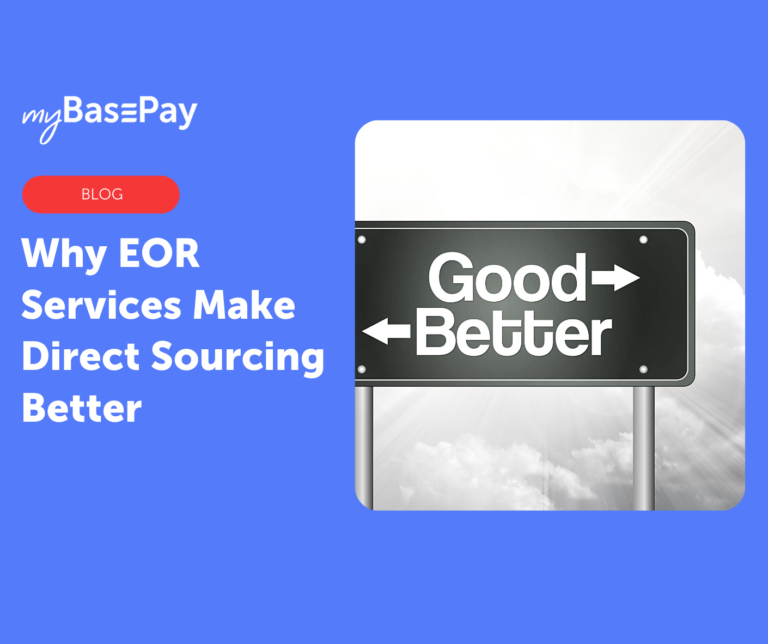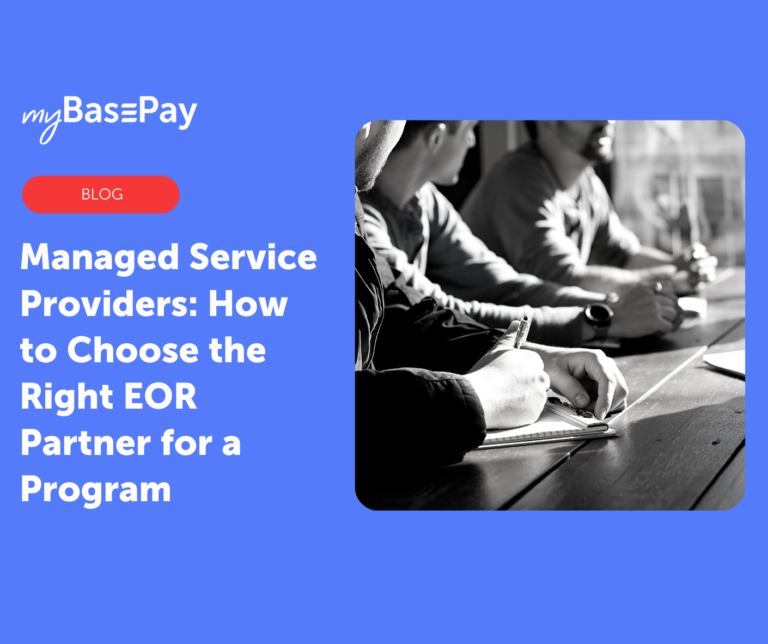7 Tell-Tale Signs Yours Is a Business That Needs an EOR Partnership
An employer of record (EOR) is a third-party contracted to serve as a hiring entity for your business. An EOR handles several HR functions, including benefits, payroll compensations, taxes, and anything else associated with the hiring and onboarding process. Today, more companies are looking into outsourcing such duties, as it offers greater efficiency with lower expenses.
By outsourcing with an EOR, companies can receive the aid of qualified experts to manage organizational tasks that might otherwise be too complex or time-consuming for their HR department. However, partnering with an EOR is a big decision. Here’s how to tell if your company needs an expert EOR.
1. Payroll Is Falling Behind
One of the biggest indicators that it’s time to hire an EOR is if your HR department is making late payroll remittances. Managing payroll for local employees is already a burdensome task, but if your company is looking to expand and hire internationally, global payroll management is crucial. If you fall behind schedule, you risk incurring penalties.
Plus, your HR team already has enough to manage without adding foreign payroll complexities to the mix. In this case, the best option would be to hire an EOR. An EOR can effectively and accurately facilitate payroll management abroad. This means staying up to date with any legal changes or updates that could affect an employee’s benefits, taxation, and resulting payroll details.
Additionally, this partnership reduces the risk for your internal teams. Much of an EOR’s job entails compliance with foreign regulations. Therefore, an EOR can act as a proverbial safety net for your company.
2. You’ve Faced Fines or Penalties for Employment Policy
If your company has received penalties or fines for not complying with foreign employment policies, it might be time to partner up with an EOR. In popular outsourcing countries like Argentina, Ukraine, and India, there’s an increasing level of bureaucracy, which means the time it takes for an embassy to approve international business operations can take an unprecedented number of months.
Plus, employment laws in these regions are subject to frequent change. According to the Occupational Health and Safety organization, the average fine for non-compliance is up to $30,000 — a hefty price that could make or break your company’s global expansion.
With an EOR, you can mitigate risks and rest easy knowing they have access to technology that ensures they’re staying informed on any policy changes. What’s more, EORs have a thorough understanding of the implications of not abiding by new laws.
3. Teams Fluctuate
In the case of a growing or scaling company, you’re bound to have fluctuating pools of employees, contractors, and partners across state lines. This makes HR functions like labor, salary benefits, retirement, staff welfare, and taxes difficult to manage. On top of that, HR teams are also managing training, compensation, annual reviews, and more. If your HR department is tasked with handling too many functions, the room for error can increase.
An EOR can help by registering a state entity for operating a compliance payroll and hiring process, as well as meeting various state rules and requirements without affecting the company-employee relationship.
4. You’ve Experienced Difficulty Arranging Permits or Visas
Likewise, when hiring outside the US, the issue of arranging work permits and visas demands the utmost time and attention. Plus, these applications can vary greatly depending on the country and the employee’s nationality.
If a qualification isn’t properly met, it can take months to remedy the mistake, and this may cause a delay in the application approval process — causing administrative headaches throughout the entire company.
Fortunately, an EOR is also responsible for work permit and visa applications and ensuring all requirements are met. As a legal employer of your staff, EORs are in charge of sponsorships and can oversee that all requirements are met to expedite the approval process.
5. You’re Planning to Operate In Multiple Locations
Expanding your business to more than one location is always a positive sign of growth. However, it can bring many complex details into the equation. When it comes to domestic expansion, familiarizing your new employees with your company’s practices, work culture, and expectations is time-consuming — but that’s where an EOR can help.
EORs are required to understand anything that might indirectly affect the remote onboarding process. Since an EOR integrates on the local level, the onboarding process becomes easier for both you and your new employees.
Once an EOR effectively hires a new employee, they’re already trained and informed about their duties in the company. Thus, it’s no longer your job to prepare them for work.
6. Your HR Team (Desperately) Needs to Expand
Throughout this article, we’ve frequently touched on the responsibilities of an HR team. Hiring new employees is always a lengthy process for the department. Especially for smaller or mid-sized companies, HR teams are often stretched thin.
However, with an EOR, they can act as an extension of your HR team, helping you complete payroll management tasks, providing workers’ compensation insurance, and overtake the legal responsibilities of employing workers.
For companies looking into local expansion, hiring an EOR can even be a more effective solution than bringing on new members to your HR team. Since EORs already possess experience and knowledge of the expertise you require, it only makes sense to partner with them rather than waste the time and money on hiring more department members.
7. You’re Overwhelmed By Growth
The process of expansion is often overwhelming, especially when keeping up with all the internal shifts and operational changes. Not being able to keep up with payroll, compliance issues, employment policies, or other aspects are just a few signs that your HR team might need a helping hand.
With an EOR, you can get the assistance you need without compromising your growth strategy. An effective EOR can cover administrative duties and employment responsibilities. Not only does this save your HR department time, but it’s a more cost-effective strategy.
Even after you’ve hired a new set of employees, your EOR can stick around and advise where needed. Then, your employees can maintain focus on goals that are more important to the growth and expansion of your organization.
Author: Cesar Jimenez, myBasePay CEO
Cesar A. Jimenez is an entrepreneur, investor, and military veteran with over 25 years of staffing industry expertise successfully leading technology staffing organizations. His expertise in the IT industry allows him to use his experience as a thought leader for talent acquisition, staffing, IT, and recruitment technologies with a passion for contingent workforce solutions. Cesar has held various leadership roles for both a global staffing organization and technology solutions companies. This expertise has enabled him to develop alternative workforce models that provide the agility for organizations to be competitive in today’s marketplace. In his spare time, he enjoys spending time with hisfamily, working out, and coaching high school baseball players.
